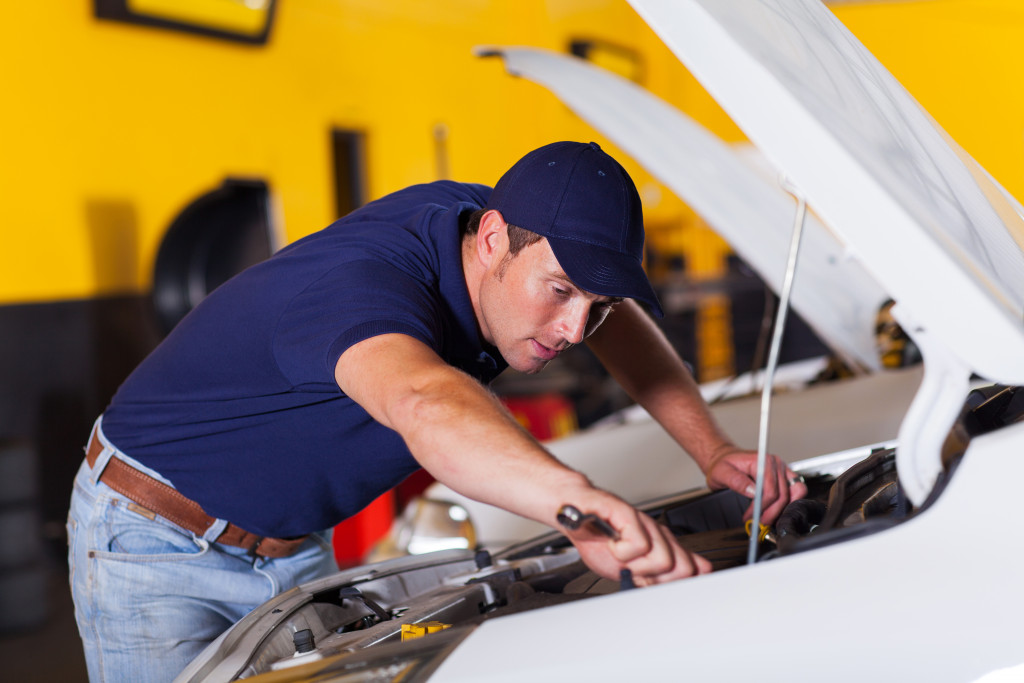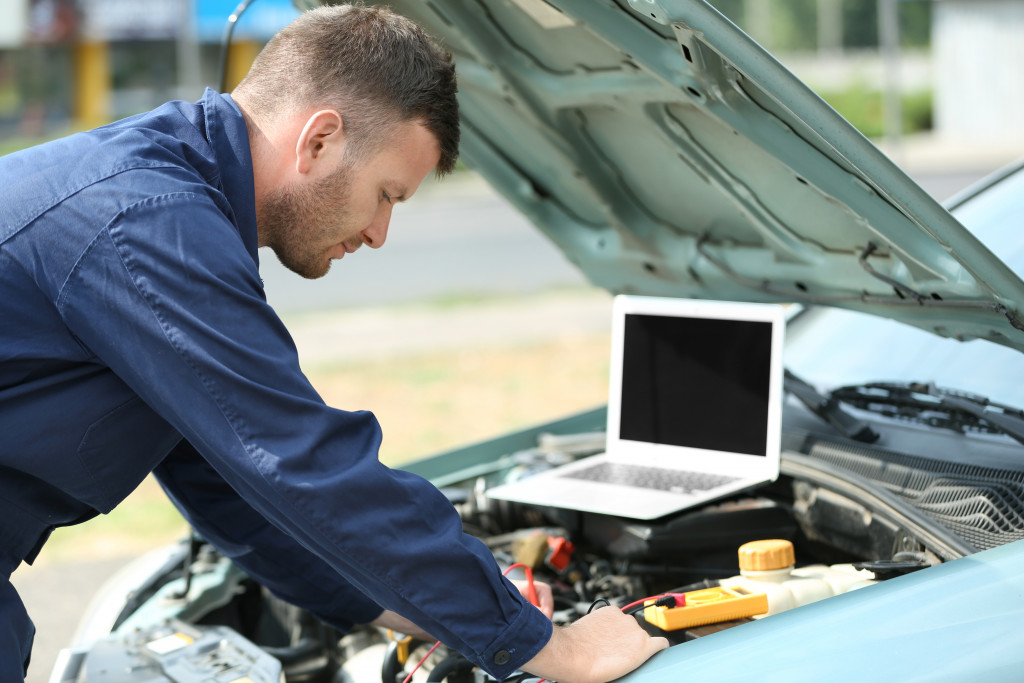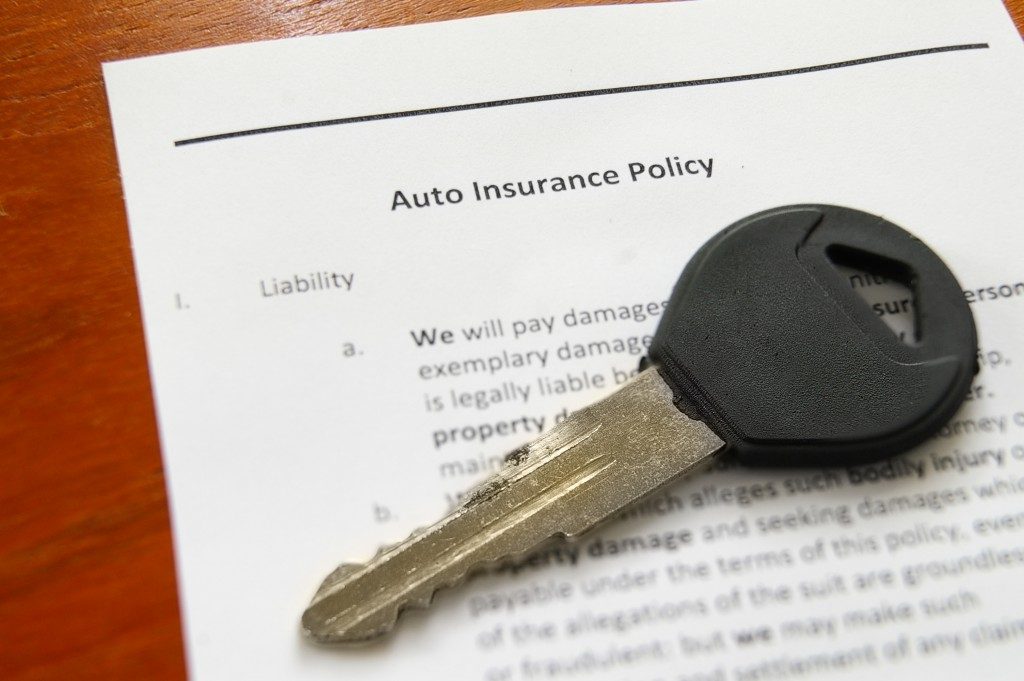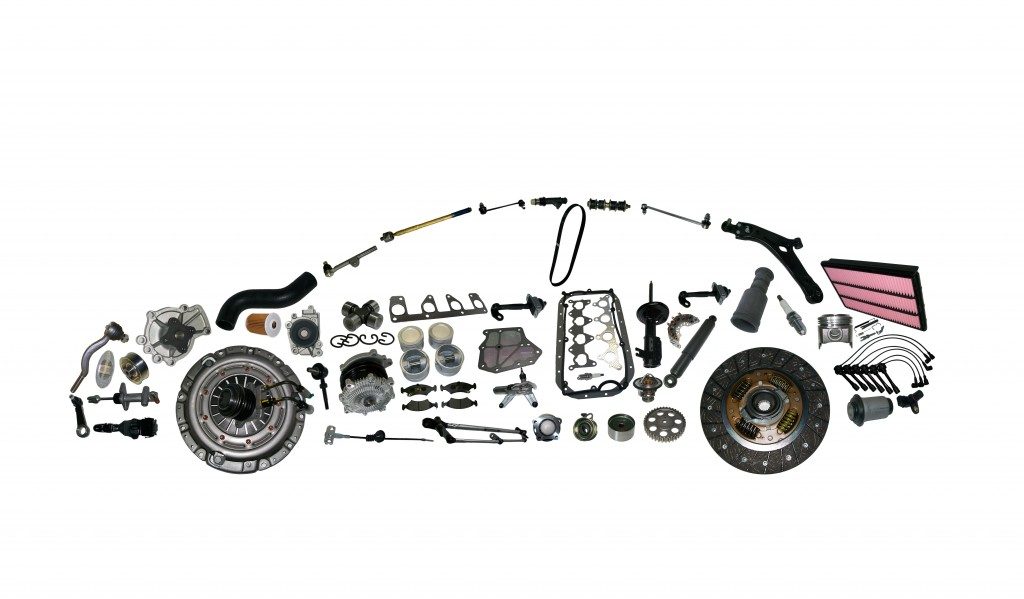- Regular car maintenance prevents costly repairs, enhances safety, and prolongs vehicle life.
- Auto detailing preserves car value and ensures a comfortable driving experience.
- Engine and fluid maintenance is critical for smooth car performance and avoiding hefty repairs. You can find professional services to help you.
- Tires require regular inspections and maintenance for safety, fuel efficiency, and optimal performance.
Understanding regular car maintenance is crucial for all car owners to keep the vehicle in top shape and ensure safety on the road. According to the National Highway Traffic Safety Administration, proper vehicle maintenance could prevent nearly 2,600 deaths, about 100,000 disabling injuries, and close to 500,000 accidents a year. Moreover, AAA reports that the average repair bill is between $500 and $600, and 1 in 3 drivers can’t pay it without incurring debt. Regular maintenance can often help avoid these costly repairs by catching minor issues before they become significant problems. Hence, a clear understanding of car maintenance can also lead to substantial financial savings.
However, it can be challenging for non-car enthusiasts or experienced drivers to know where to focus on regular maintenance. This guide aims to provide a comprehensive overview of the essential areas that car owners should pay attention to for the routine upkeep of their vehicles.
Exterior and Interior Detailing
Regular exterior detailing is crucial to maintaining a car’s appearance, preserving its value, and preventing premature wear and tear. By cleaning off harmful elements like dirt, salt, and pollutants from the car’s surface, you can avoid issues like rust, corrosion, and damage to the paint job.
Focus on tasks such as washing the car with quality car soap and drying it to prevent water spots. Regular waxing can help to protect the car’s paint from the damaging effects of the environment. Also, check and clean the tires and wheels to prevent corrosion and tire damage.
The car’s interior also requires regular detailing to maintain a clean, comfortable environment for the passengers and driver. Regular cleaning prevents the buildup of dust, dirt, and allergens that can affect the air quality inside the car. Moreover, keeping the interior clean and fresh can also enhance your driving experience.
Prioritize tasks like vacuuming the seats and floor mats, wiping down the dashboard and other surfaces, and cleaning the windows for better visibility. Also, consider using a fabric cleaner for upholstered seats or a leather conditioner for leather interiors to maintain quality and longevity.
Engine and Fluids
The mechanical heart of the car, the engine, requires regular maintenance to ensure smooth performance and avoid costly repairs. The most crucial aspect is changing the oil at recommended intervals to keep the engine well-lubricated and prevent wear and tear on its parts. Here are a few tips to help you:
Regular Engine Maintenance

Regular engine maintenance is critical to a vehicle’s longevity and performance. Your car’s engine is its heart; without proper care, it can lead to costly repairs or a complete replacement. Regularly check for issues such as strange noises, leaks, or loss of power. Also, pay attention to your check engine light – a clear signal that your engine needs attention. A routine engine tune-up can help keep your engine running efficiently and prevent potential issues.
Oil Changes
Oil changes are one of the most critical regular maintenance tasks. Engine oil lubricates the engine’s moving parts but can get dirty over time and lose effectiveness. Frequent oil changes, typically every 3,000 to 5,000 miles, ensure your machine has clean oil to prevent friction and wear. The oil filter is also replaced during an oil change, which helps keep the new oil clean longer.
Cooling System Maintenance
The cooling system plays a crucial role in preventing your engine from overheating. Regular maintenance includes checking the coolant level and topping it up if necessary. It’s also essential to flush and replace the coolant periodically, per your vehicle manufacturer’s recommendation. A malfunctioning cooling system can cause severe engine damage, so pay attention to signs of overheating.
Brake Fluid and other Fluid Levels
Your car relies on several other fluids for operation, such as brakes, power steering, and transmission. Regularly checking and maintaining the appropriate levels of these fluids is crucial for your car’s performance and safety. For instance, low brake fluid can affect braking effectiveness, posing a significant safety risk. Always follow your car manufacturer’s recommended maintenance schedule and use the recommended types of liquids.
Tires
Tires are integral to car functionality, significantly impacting safety, fuel efficiency, and overall performance. They act as the vehicle’s only point of contact with the road, making their condition critical. Poorly maintained tires can lead to decreased grip, increased stopping distances, and, in some cases, loss of vehicle control.
Regular inspection of tires is an essential part of car maintenance. The tread depth should be checked frequently to ensure optimal traction; many experts recommend replacing the tires when the tread depth reduces to 2/32 of an inch. Tire pressure should also be monitored regularly, ideally once a month. Correct tire pressure is crucial for safety, vehicle handling, and fuel efficiency.
It’s also vital to rotate the tires at the intervals suggested by the car manufacturer, usually between 5,000 and 7,500 miles, to ensure even wear and prolong their life. Additionally, wheel alignment and balancing help maintain proper vehicle control and extend the tires’ lifespan.
Lastly, if you’re experiencing persistent tire problems like frequent flats or if they’ve been in use for more than five years, consider consulting with a professional for possible ball joint replacement services. Ball joints are a pivot point between the wheels and suspension and can affect tire wear if worn or damaged. Regular inspection and timely replacement of ball joints can save you from more expensive repairs.
Final Thoughts
Regular car maintenance is crucial for every car owner, regardless of their level of expertise or interest in cars. It helps prevent costly repairs, ensures safety on the road, and can significantly prolong your vehicle’s life. Regular maintenance requires effort and investment, but it’s essential to your car’s longevity and performance. Following this guide and your car manufacturer’s recommended maintenance schedule, you can keep your vehicle in top shape and enjoy a safe and comfortable driving experience for years.



